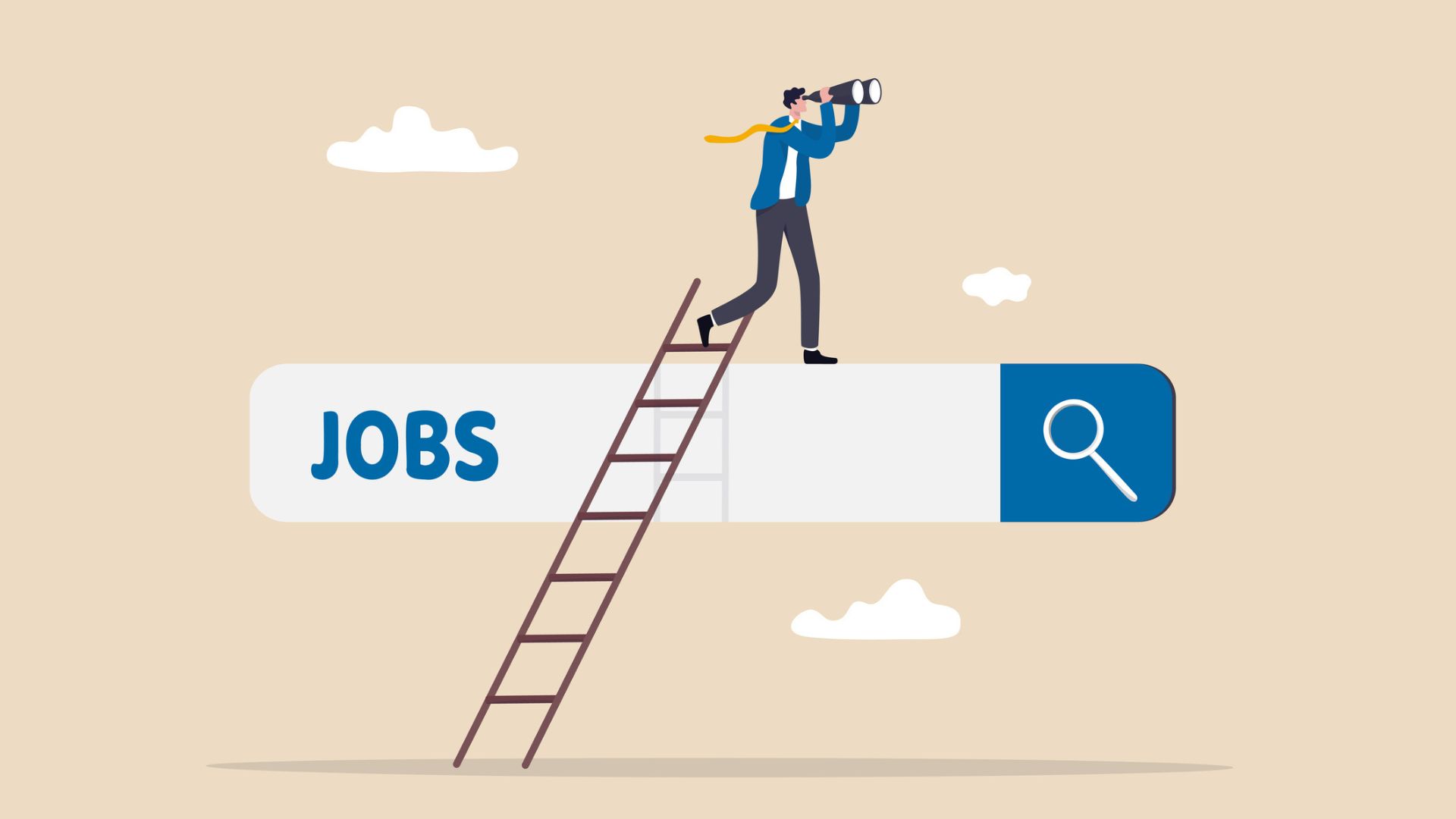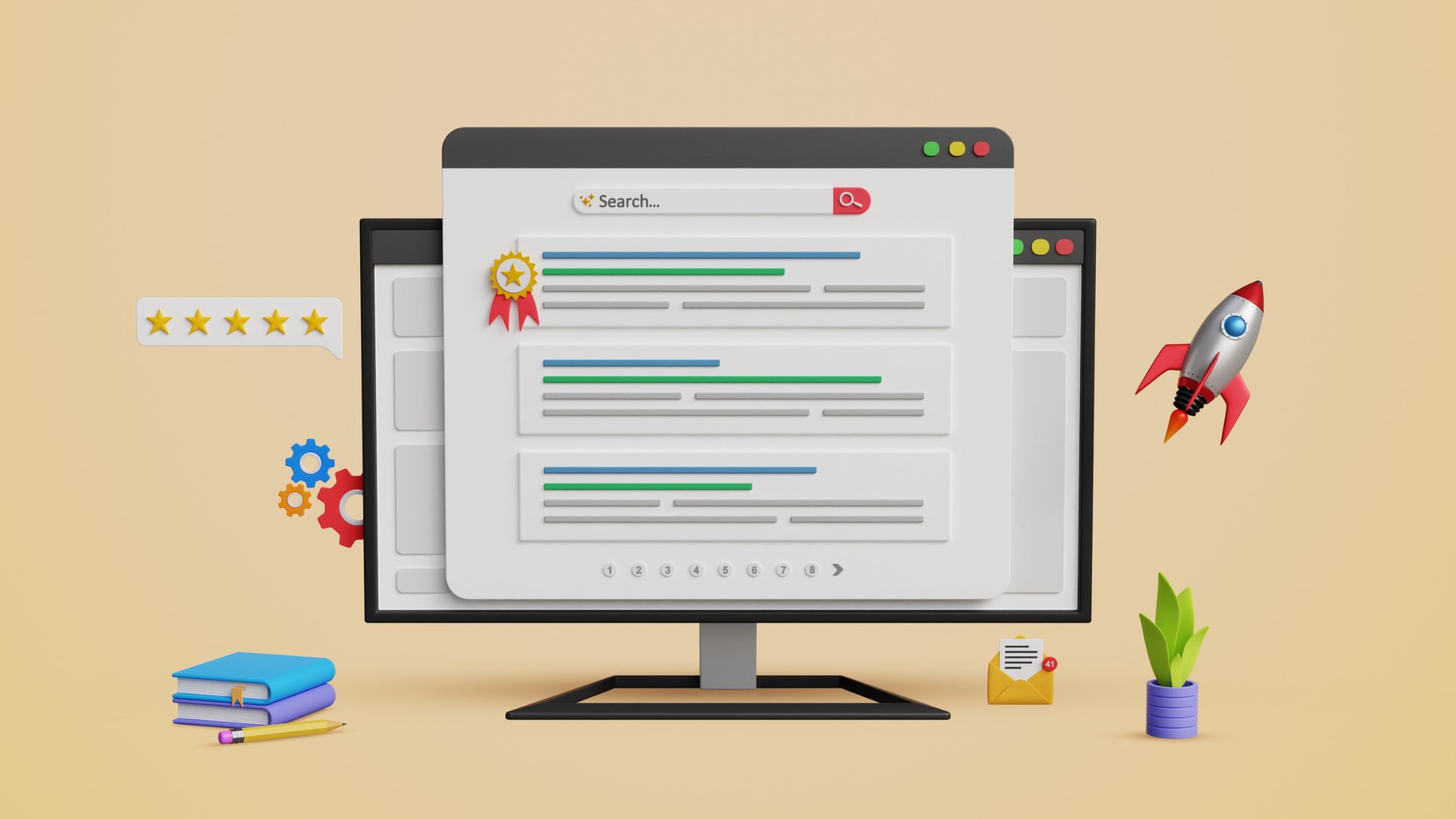As AI revolutionises blue-collar recruitment, striking the right balance between efficiency and personal touch is crucial. Leverage AI's potential for automated resume screening, candidate ranking, predictive analytics for job-fit, and chatbots for initial engagement.
While harnessing these benefits, maintain a human-centric approach by preserving face-to-face interviews for final evaluations, ensuring transparency and ethical AI use, and prioritising personalised interactions.
Embrace AI judiciously to stay ahead in Singapore's job market while fostering meaningful candidate connections and upholding your company's values.
Artificial Intelligence (AI) is revolutionising non-executive recruitment in Singapore, offering unprecedented efficiency and accuracy. AI-powered applicant tracking systems (ATS) are now efficiently screening and shortlisting candidates, helping overcome unconscious biases in the process. These systems can swiftly analyse resumes, identify key skills, and match applicants to job openings based on data-driven insights.
However, the adoption of AI in recruitment isn't without challenges. A significant portion of Singapore's workforce is highly exposed to AI integration, with about 77% of employed workers in occupations with high AI exposure. This shift could potentially exacerbate socioeconomic divides, particularly affecting low-wage migrant workers who are at high risk of job displacement.
To address these challenges, Singapore is taking proactive steps. The government is investing in AI research and worker training, while also developing frameworks for ethical AI governance. These initiatives aim to ensure that AI implementation in recruitment remains fair, transparent, and beneficial to all stakeholders.
AI is revolutionising recruitment processes, helping companies streamline hiring and leverage efficient recruitment solution. According to a study, AI-powered systems can reduce time-to-fill by 25-30% within a month. Many organisations are leveraging AI to:
In Singapore, 68% of workers already use AI at work, with younger generations more likely to embrace these technologies. However, it's crucial to balance AI's efficiency with the human touch that candidates expect, ensuring a personalised and effective recruitment experience.
Streamlining recruitment with AI, implementing an AI-powered candidate screening workflow can significantly enhance your recruitment process. Start by integrating AI tools that can analyse large volumes of CVs quickly, saving valuable time for your HR team. These systems use machine learning algorithms to match candidates' skills and experience with job requirements, ensuring a more accurate initial selection.
Next, deploy AI chatbots to engage candidates, answer frequently asked questions, and conduct preliminary assessments. This not only improves the candidate experience but also helps in pre-qualifying applicants before human intervention.
Utilise AI-driven video interview platforms to assess soft skills and cultural fit. These tools can analyse facial expressions, tone of voice, and language patterns to provide insights that might be missed in traditional interviews.
Finally, leverage AI to schedule interviews automatically, reducing administrative burden. Platforms like impress.ai offer seamless interview scheduling coordination between candidates and hiring managers, streamlining the entire process.
Remember, while AI can significantly improve efficiency, it should complement, not replace, human judgement in the final hiring decisions.
Optimising whole recruitment process with AI, these intelligent recruitment tools act as an efficient recruitment software between employers and potential candidates. They utilise several features such as smart search algorithms to swiftly identify the right talent from vast applicant pools. By employing powerful automated assessment capabilities, AI can extract and analyse key information from CVs, matching candidates' skills and experiences with job requirements in seconds. This revolutionises the initial selection process, enabling faster and more accurate shortlisting of qualified candidates.
This streamlined approach significantly reduces the time and cost associated with traditional recruitment methods. HR professionals can now focus on high-value tasks whilst the AI handles the time-consuming initial screening with automated assessment. The result? A faster, more efficient hiring process that benefits both employers and job seekers.
It's important to note that whilst AI excels at data processing, human judgement remains crucial in the final hiring decisions.
For non-executive employers, this technology offers a particularly valuable solution. It can quickly sort through large numbers of applications and job candidates' profiles for roles that often require specific skills or certifications, ensuring that only the top talent candidates progress to the next stage of the hiring process.
Chatbots have revolutionised the recruitment landscape, offering round-the-clock assistance to both employers and job seekers. These AI-powered assistants streamline the hiring process by handling initial candidate screenings, answering frequently asked questions, and scheduling interviews. With their ability to engage multiple candidates simultaneously, chatbots significantly reduce the time-to-hire and alleviate the administrative burden on HR teams.
Chatbots enhance the candidate experience by providing instant responses to applicants' queries, ensuring candidate engagement and a smooth application process. They can guide candidates through job requirements, company culture, application steps, and talent management processes, creating a positive first impression of your organisation.
By analysing interactions, chatbots gather valuable data on candidate information and preferences and behaviour. This information helps employers refine their recruitment strategies and tailor their approach to attract top talent in the competitive job market.
Pro tip: When implementing chatbots, ensure they're programmed to seamlessly hand over complex queries to human recruiters, maintaining that crucial personal touch in your hiring process.
AI recruiting software can significantly enhance your hiring process, offering numerous advantages for blue-collar employers. By automating repetitive tasks, such as resume screening and interview scheduling, you can save valuable time and resources. This efficiency allows you to focus on more strategic aspects of recruitment, ensuring you find the right talent quickly.
One of the key benefits is the reduction of unconscious bias in the hiring process. AI evaluates candidates purely on merit, matching skills and abilities to job requirements without being influenced by subjective factors. This leads to a more diverse and qualified candidate pool, ultimately improving your workforce's productivity.
AI-powered tools can also enhance the candidate experience. By providing personalised job recommendations, automating communication, and offering convenient interview options, you create a positive impression on potential employees. This can result in higher engagement rates and a stronger employer brand.
Moreover, AI recruiting software can provide data-driven insights to help refine your recruitment strategies. By analysing patterns and trends in your hiring process, you can make more informed decisions and continuously improve your talent acquisition efforts.
While AI and automation streamline hiring processes, the human touch remains crucial in recruitment, especially for blue-collar roles. According to a survey by HSBC, 89% of business leaders in Singapore view in-person support as vital in professional relationships. This underscores the importance of maintaining personal connections in hiring.
Human recruiters offer unique value through their networks, relationships, and intuition. They can tap into a pool of "passive" candidates and provide market insights to hiring managers. As noted by Robert Walters, recruiters can identify "alternative" candidates who might not be selected through automated screening but could be an excellent fit based on the recruiter's understanding of the team.
To strike the right balance, consider these innovative solutions:
AIMS International suggests that while AI offers many benefits, the human touch remains indispensable, especially in assessing cultural fit and strategic vision. By combining technological efficiency with personal interaction, you can create a more effective and engaging recruitment process for non-executive workers.
AI systems can inadvertently perpetuate biases present in their training data, potentially leading to unfair or discriminatory outcomes in hiring processes. The US Equal Employment Opportunity Commission (EEOC) has identified AI use in hiring as a key focus area, highlighting the need for vigilance. To mitigate this risk, you must regularly audit your AI tools for fairness and ensure they comply with anti-discrimination laws.
The success of AI in recruitment often relies on processing large amounts of personal data. This intrinsic link raises significant privacy concerns, as there's a risk of data being misused or compromised. You need to implement robust data protection measures and be transparent about how candidate information is used and stored.
AI decision-making processes can be opaque, making it challenging to understand and validate the rationale behind hiring recommendations. This 'black box' approach can lead to a lack of trust in the technology. Strive for explainable AI solutions that provide clear insights into their decision-making processes, allowing you to maintain accountability and trust in your hiring practices.
AI-based recruitment platforms can provide a significant return on investment (ROI) for your organisation. These tools streamline the hiring process, reducing time-to-fill and cost-per-hire whilst improving the quality of candidates. According to a recent study, companies implementing AI recruitment solutions have seen a 50% reduction in hiring time and effort.
When calculating ROI, consider both 'hard' and 'soft' returns. Hard ROI includes tangible financial gains such as cost savings and productivity increases. Soft ROI encompasses non-financial benefits like improved candidate experience and enhanced employer branding. To maximise your investment:
Remember, AI should augment rather than replace human decision-making. By adopting a holistic approach and continuously measuring performance, you can harness the full potential of AI in recruitment and achieve a substantial return on your investment.
When selecting an AI recruiting tool, consider its compatibility with your existing HR tech stack and ensure smooth data migration. Prioritise sophisticated tools like AI-powered candidate search, automated job boards, and pre-employment assessments. Evaluate the tool's ability to handle high-volume job applications and support diversity initiatives by reducing unconscious bias.
Ensure the AI tool respects data privacy regulations and offers robust security measures. Test the software thoroughly before implementation and provide comprehensive training for your team. Remember, while AI can streamline processes, it's crucial to maintain a personal touch in recruitment, especially for roles where cultural fit is paramount.
As AI continues to revolutionise the recruitment landscape, it's crucial for blue-collar employers to strike a balance between efficiency and personal connection.
While AI tools can significantly streamline the hiring process, the human touch remains irreplaceable, especially in industries where cultural fit is paramount. By thoughtfully integrating AI into your recruitment strategy, you can enjoy faster, more data-driven hiring decisions without sacrificing the quality of your workforce. Remember, the goal is to complement, not replace, human expertise in recruitment.
Ready to enhance your hiring process? Explore AI-powered recruitment solutions with FastJobs today and find the right talent FAST.

In Singapore’s job market, portals offer fast access while agencies provide tailored matchmaking.
Read more
Retail in SG is rising! Wage growth & skills training create new career paths. Explore jobs with FastJobs.sg.
Read more
Hiring faster starts here—Job Bump boosts your listing by 30%+ without needing a repost.
Read more